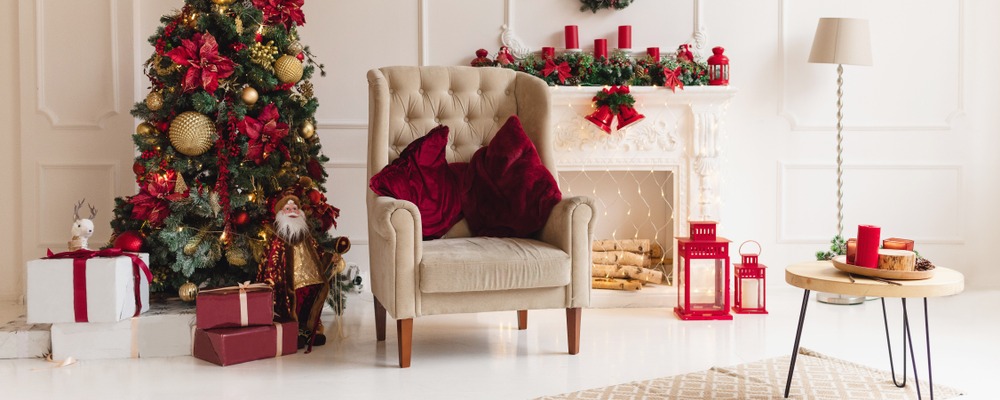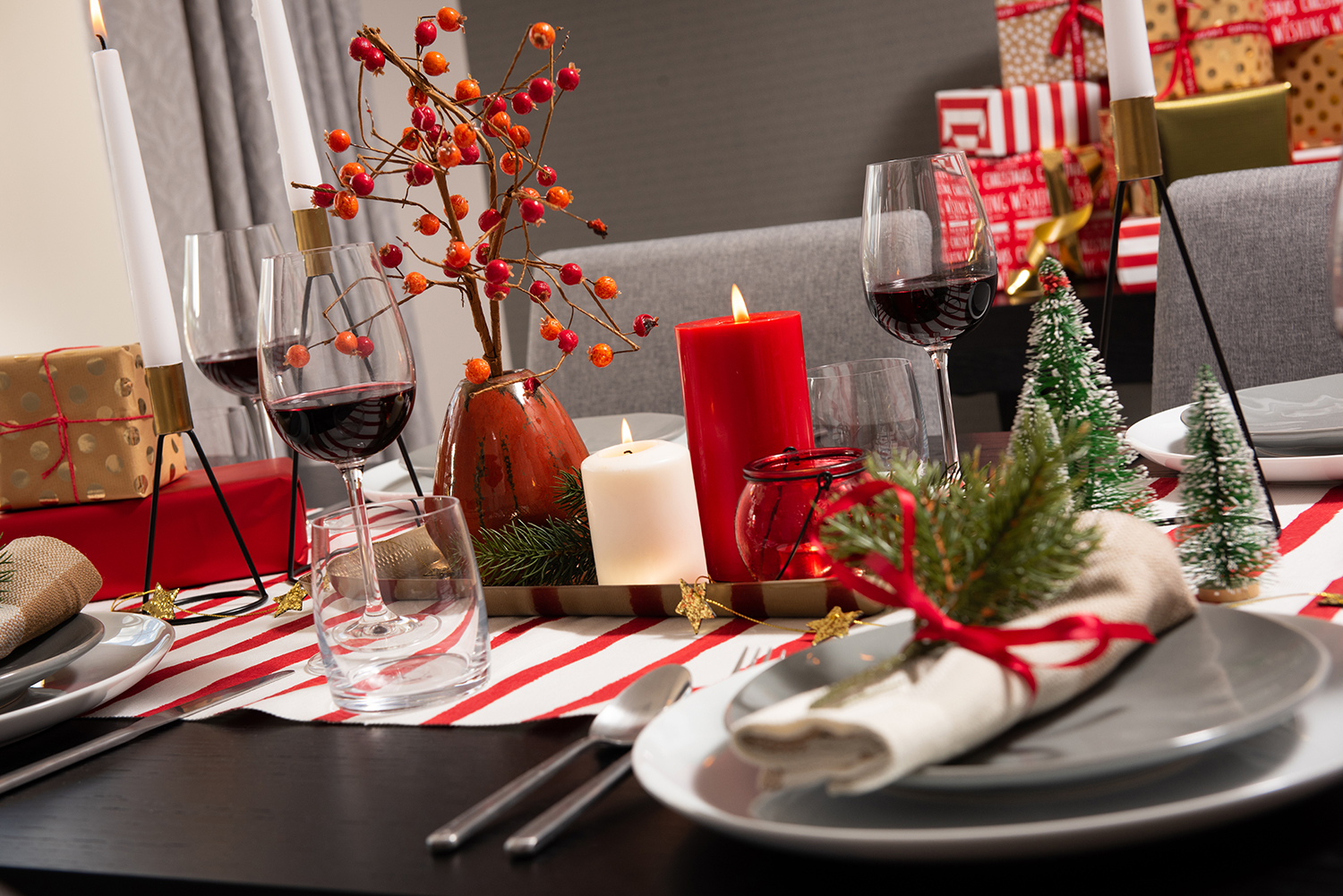
1. Keep leftover decorations from presents
Once we unwrap new items on Christmas Day, we tend to chuck the paper and ribbons straight into the bin. Instead, keep these decorations for next Christmas, therefore reusing what you have been given rather than purchasing new ones. Excess wrapping paper can be used to wrap items such as school books, and any gift bags and tissue paper can be reused again for gifting throughout the year.2. Recycle roasting trays if you can
If you have used a roasting tray during the Christmas period, decide whether or not you can reuse it again. If the roasting tray has had meat or fat in it, then it’s best to recycle it. However, if a roasting tray has been used just for vegetables and can be cleaned properly, this can be used again for future dinners.
3. Reuse Christmas decorations for next year
Nominate a Christmas box to store all of your Christmas decorations in for years to come. Tinsel and some baubles (such as glass ones) cannot be recycled. Wrap these up in any leftover wrapping paper or tissue you may have been gifted to fully protect them. If you’re not planning to use the same decorations as this year, then donate them via a local social media site.
4. Purchase Christmas 2023 items on Boxing Day
Wrapping paper, presents, and Christmas decorations will all be heavily discounted after the big day to make way for new stock in January. Save money by purchasing these items in the post-Christmas sales rather than spending a fortune next year.
5. Donate your Christmas tree if you can
Unlike artificial Christmas trees, you can usually donate your real Christmas tree for a donation to a hospice in your local area. You will need to register for your tree to be collected. You can also recycle your real Christmas tree at local recycling points. However, if you want to get rid of your artificial Christmas tree, donate it to a local charity so it can be used the year after.
6. Reuse your Christmas cards
As Christmas cards are mostly paper, they can simply just go into your normal recycling bin. You can reuse your Christmas cards as next years gift tags, or you can use them next year for your own homemade tree decorations.
Make sure you recycle items correctly over the Christmas period
Make sure you recycle correctly over the Christmas period. According to another study by Barratt Homes, 72% of us admit to not recycling properly, and leaving items in unauthorised areas can end up creating havoc for residents and neighbours. Fines carry a maximum penalty of £50,000.
Gareth Rondel, head of sustainability delivery at Barratt Homes, also reveals top tips for helping Brits to better navigate their recycling habits at home:
“Create a simple recycling system. Recycling doesn’t have to be complicated and can be made simpler by implementing an easy-to-follow recycling system. Start by locating a suitable place to store your recycling in the home, this could be either in a bag, a box, or a bin. Keep the container next to the general waste bin to remind everyone that items should be recycled, and it’s just as easy to do this as binning them.
“It’s important to understand exactly which items can be recycled, and this information is easily found on local council websites and often on the recycling bins they provide. Identifying which items can be recycled is one of the most important steps in becoming a more recycling-friendly household. Local council websites publish information regarding the items recycled in that area, together with familiarising yourself with the different colour bins provided for your household, as these are assigned to different recycling groups.
“One thing to note is that recycling is collected on different days, so it’s important to check with your local council which day the collections take place. Your local council website will host a wide range of information on recycling, and in particular, which days recycling is collected in your local area. Familiarise yourself with your local collection times, make a note of these and keep it in a place that is visible to the entire household.
Fitting recycling into your lifestyle is one of the best ways to remain on track with your recycling habits. Whether it’s taking the recycling out to be emptied on the way to the supermarket, or as you’re about to embark on the school run. This means you can fit recycling around your work and personal life, and your children can learn whilst you do so.
“Sustainability and becoming more eco-friendly has never been more important, with households around the UK striving to contribute towards a greener planet.
By becoming more mindful of what and how we are recycling, a small change in household behaviour can make a huge difference across the nation. Our study highlights the areas of recycling that Brits are unfamiliar with and, from this, we can work to educate ourselves on how we can improve our recycling habits.”

